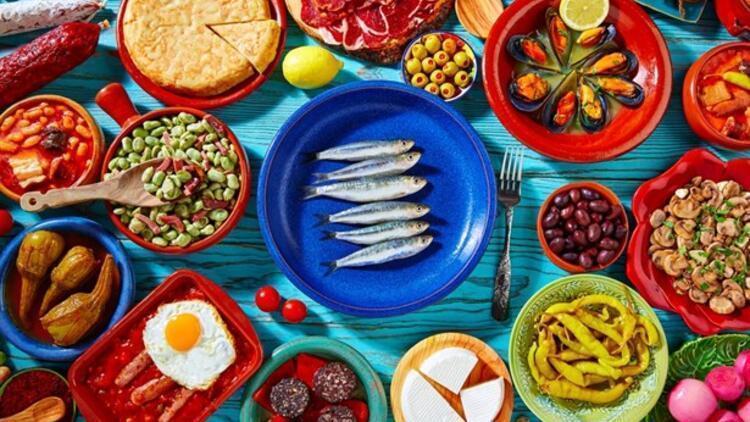Mediterranean diet best for health
WASHINGTON

For the fifth year in a row, the Mediterranean diet was named the best by the U.S. News & World Report on Jan. 4.
The rankings were determined by a panel of specialists in nutrition, heart health, diabetes, and weight loss. The panel analyzed 40 popular diets, ranking them on criteria such as how easy they are to follow, potential for short- and long-term weight loss, and potential to influence certain diseases like diabetes.
The second one was the DASH diet, which stands for dietary approaches to stop hypertension and emphasizes reducing salt intake; and the third was flexitarian diet, which encourages being a vegetarian most of the time but is flexible enough to allow a burger once in a while.
All three of these diets reduce or eliminate processed foods, and stress packing your plate with fruits, vegetables, beans, lentils, whole grains, nuts and seeds.
“I think it’s important to note that the top three diets - Mediterranean, DASH and flexitarian - all offer variety, flexibility and few, if any, rules,” said Gretel Schueller, managing editor of health for U.S. News & World Report, who puts out an annual ranking of diets.
“All the diets that perform well are safe, sensible and backed by sound science. The diet winners also all provide adequate calories with a focus on vegetables, fruits and whole grains; a modest amount of lean protein, dairy; and an occasional treat,” Schueller added.
The Mediterranean style of eating also captured the blue ribbon in the following categories: Easiest diets to follow; best diets for healthy eating; best diets for diabetes and best plant-based diets.
Numerous studies have found the Mediterranean diet can reduce the risk for diabetes, high cholesterol, dementia, memory loss, depression and breast cancer. The diet, which is more of an eating style than a restricted diet, has also been linked to stronger bones, a healthier heart and longer life.
The diet features simple, plant-based cooking, with the majority of each meal focused on fruits and vegetables, whole grains, beans and seeds, with a few nuts and a heavy emphasis on extra-virgin olive oil. Fats other than olive oil, such as butter, are consumed rarely, if at all, and sugar and refined foods are reserved for special occasions.
Red meat is used sparingly, usually only to flavor a dish. Eating healthy omega 3 oil-packed fish is encouraged, while eggs, dairy and poultry are eaten in much smaller portions than in the traditional Western diet.
The second best, the DASH diet, stands for dietary approaches to stop hypertension. It was originally started by the National Heart, Lung, and Blood Institute (NHLBI) as a diet to help reduce blood pressure.
The plan focuses on fruit, vegetables, whole grain, lean protein and low-fat dairy and eliminates foods high in fat and sugar-sweetened drinks and sweets, according to U.S. News and World Report.
The flexitarian diet encourages people to try alternative meat options, like tofu, but leaves room for flexibility if you can’t quite fully give up meat. The plant-heavy diet focuses on adding five food groups - “new meat,” fruits and vegetables, whole grains, dairy and sugar and spices.
The “new meat” food group includes tofu, beans, lentils, peas, nuts, seeds and eggs, according to U.S. News and World Report.
“For those who want to sort of be more plant-forward, this allows them to do that while still having their little meat treats when they want them,” said Schueller.
















